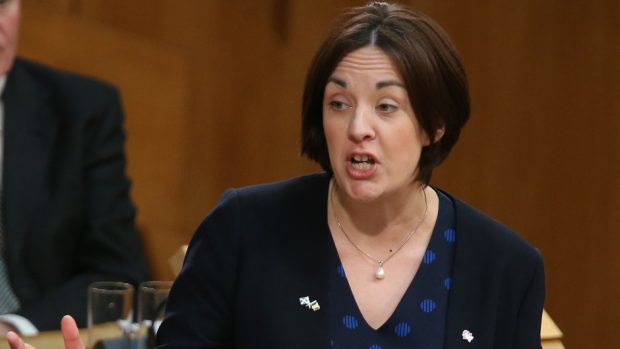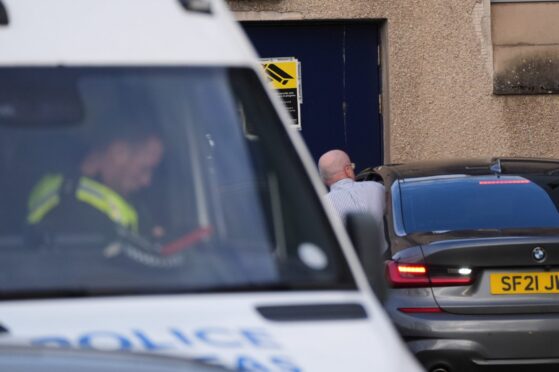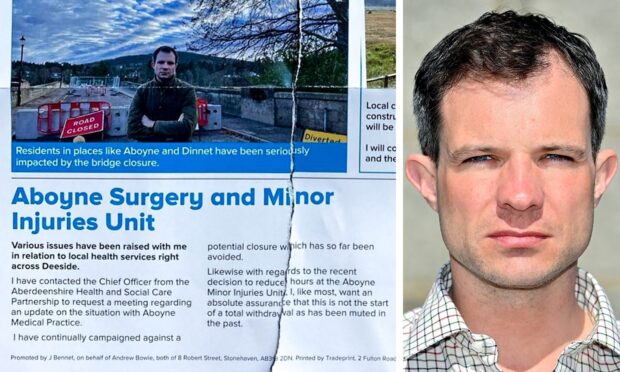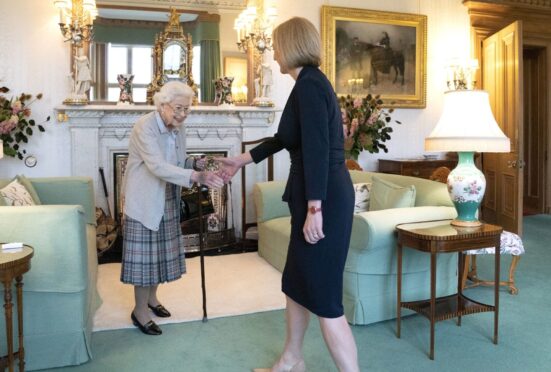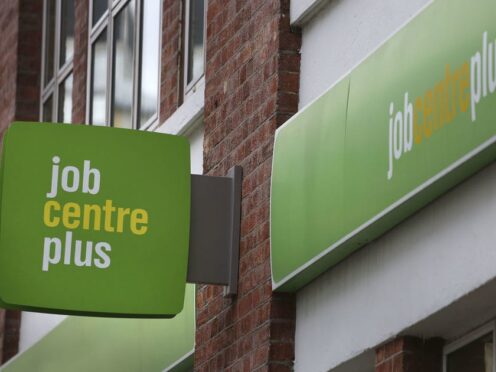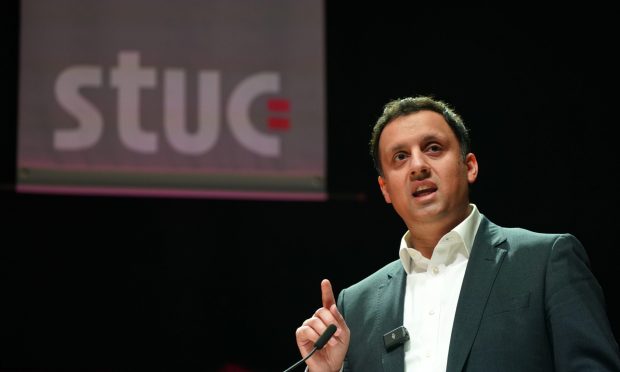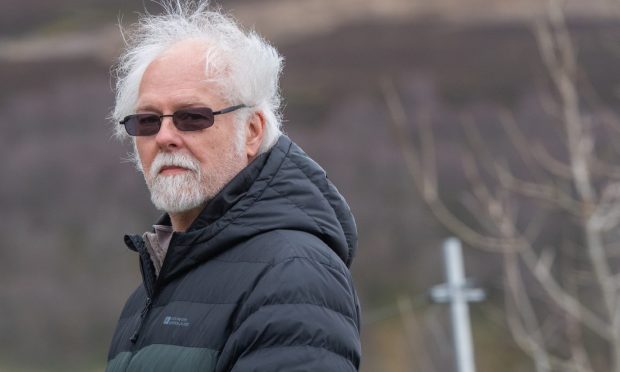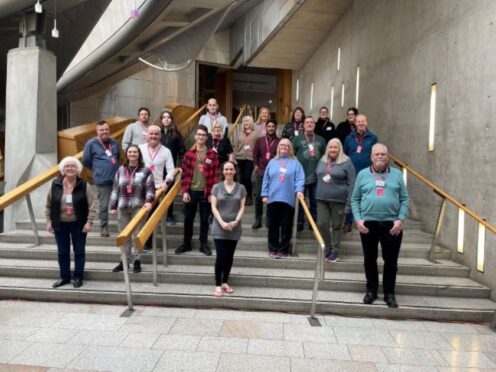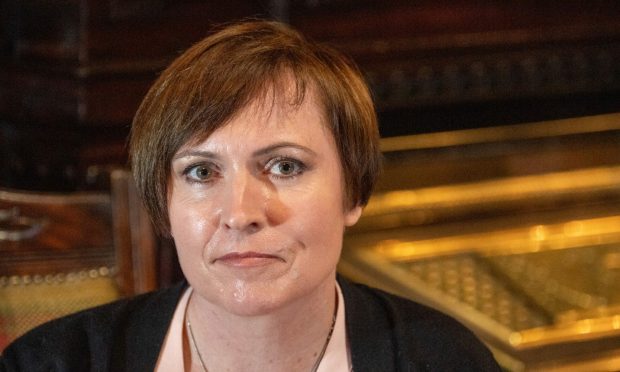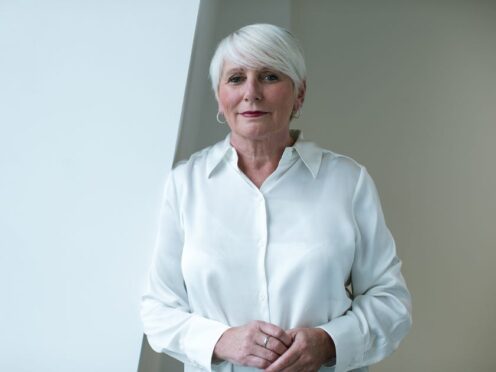Kezia Dugdale, has played down suggestions she applied for work experience with the SNP 13 years ago.
While on a whistle stop tour of flood hit Ballater, Ruth Davidson accused Scotish Labour leader Ms Dugdale of confusing voters following revelations that she twice asked the SNP for a job while still at university.
The Scottish Tory leader accused the nationalists of “ignoring” the two million people who voted no in the independence referendum.
She said: “I think people are pretty puzzled during this campaign that not only has Kezia Dugdale said that she is quite happy if future MSPs for Labour campaign for independence, she has also said it is not inconceivable that she would vote for it.
“We now find out that she, not once but twice, has tried to get a job in the SNP party.
“When you’ve got Nicola Sturgeon saying there’s going to be a whole new campaign starting for independence in the summer, you need people that believe we should respect the decision the country made.”
Ms Davidson added: “I think people will rightly be looking for somebody that they know will, come hell of high water, stand up for the decision we made.
“All I can say is that myself and every single Conservative and Unionist candidate standing across the country is full square, 100 per cent behind standing up for Scotland’s place in the United Kingdom and respecting the decision we made just 18 months ago.”
Ms Dugdale told the BBC it was “laughable” that a “supposed” application made in February 2003 should be central to the Holyrood election campaign.
SNP leader Nicola Sturgeon said no-one “should be judged too harshly” on what they did in their youth.
Parties are in the second week of campaigning ahead of 5 May poll.
When asked by the BBC’s Glenn Campbell whether she had applied for work experience with the SNP, Ms Dugdale said: “Thirteen years ago I supposedly applied for work experience in the Scottish Parliament.
“Now I applied for lots of work experience, lots of young people at university do just that.
The idea that this is a central issue of the Scottish election campaign is really laughableKezia Dugdale, Scottish Labour leader
“But the idea that this is a central issue of the Scottish election campaign is really laughable.”
The 34-year-old repeated “This is 13 years ago. In February 2003, apparently. I was studying law, I likely applied for lots of opportunities for work experience.”
Ms Dugdale said she had never voted SNP and had never been an SNP supporter.
Last week Ms Dugdale was forced to clarify reports she might back Scottish independence if it could secure Scotland’s EU membership.
In an interview with the Fabian Review she was quoted as saying it was “not inconceivable” in such circumstances.
But she later insisted she would vote to stay in the UK in any future referendum and opposed one being held.
Ms Sturgeon, who was out on the campaign trail in Edinburgh, was asked about the work experience claim.
She joked that her opponent may have had better judgement when she was 21.
However, Ms Sturgeon went on to say that people should not be judged too harshly on what they did in their youth.
Scottish Liberal Democrat leader Willie Rennie said whether or not Ms Dugdale applied for work experience with the nationalists was “largely trivia”.
But he added the SNP had “serious questions” to answer over how the information had become public. Mr Rennie believed it should have been kept private.
